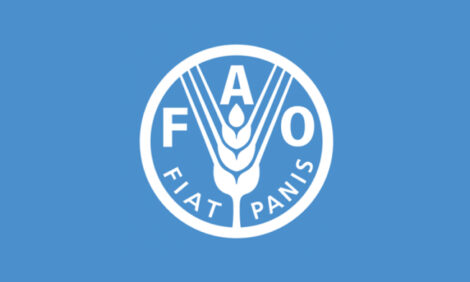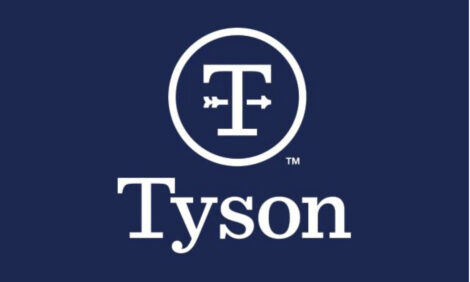



Calf Scours: Prevention is the Best Cure
US - Preventing scours (diarrhea or dysentery) in calves is a challenge for cow-calf producers.
Adequate colostrum intake is the best protection for the newborn calf, says Bethany Lovaas, a veterinarian and a member of the University of Minnesota Beef Research and Education team.
She says the mother cow’s colostrum is a “custom made” antibiotic preparation for her calf. Because this colostrum is specific for the calf, there is no better protection available.
In addition, cleanliness during birth and immediately afterward is extremely important. Keeping calving areas clean, or calving on a new, clean pasture is best. Moving cows that have not yet calved away from new calves and their mothers helps. The calves should not be commingled, as one herd, until the youngest calves reach about four weeks of age.
It’s often routine for producers to pull the cows together, in a smaller wintering area, to facilitate feeding and observation during the winter and spring months. However, this can contribute to a more highly contaminated environment. Don’t forget that the cow herself is part of the calf’s environment. Any amount of manure and contamination that she is carrying on her belly, flanks and udder is a route of exposure for the newborn calf.
The cause of calf scours is usually fairly easy to diagnose. Field diagnosis is generally based on “calf age at onset of scours,” since a calf is exposed the day it is born, and different bugs have different incubation periods.
For example, the incubation period for coccidia (protozoal parasite) is about three weeks. Therefore, it’s unlikely that a one-week old calf will have scours due to coccidia infection.
For this reason, treatments for scours should be based on calf age and the likelihood of the pathogen causing the disease.
Calf scours may seem to be a monumental problem. But diagnosis is simple, colostrum is vital and prevention is key. If we can implement on-farm strategies to maximize each of these factors, calf scours will simply cease to exist.


